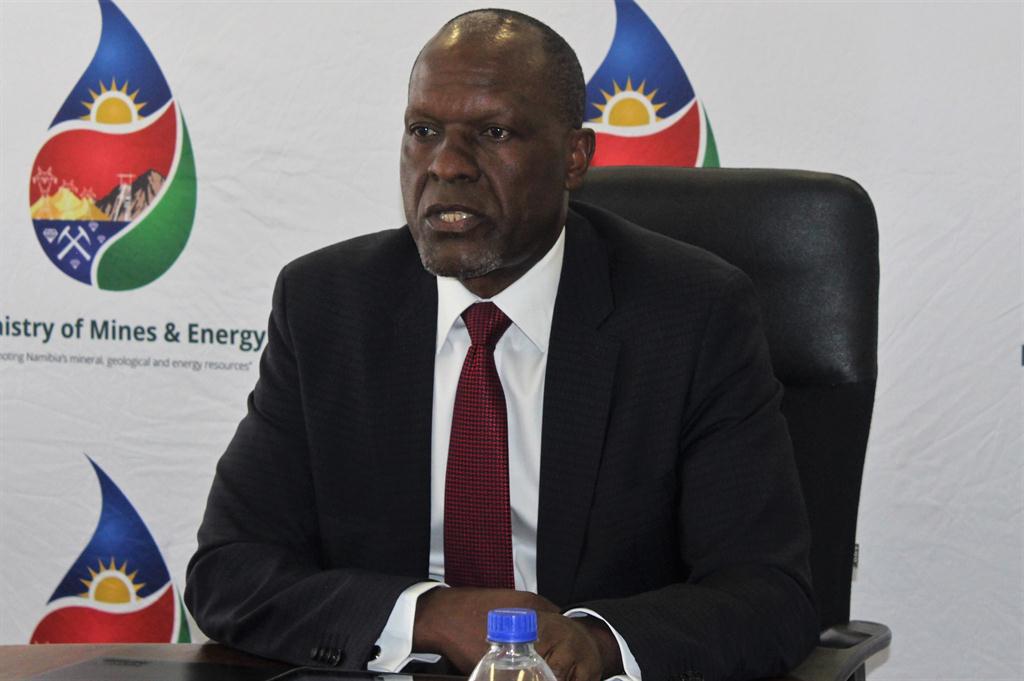Nam still too reliant on power imports
Despite all efforts in addressing Namibia’s electricity supply challenges, the country remains overly reliant on imports.
Namibia is in the process of becoming more self-sufficient in terms of electricity production, the minister of mines and energy, Tom Alweendo, said last week in his keynote address at the 2018 Electricity Supply Industry (ESI) Forum in Swakopmund.
He explained that as part of the process, a total of 18 independent power producers (IPPs) signed power purchase agreements (PPAs) with NamPower to supply about 171 megawatts (MWs) of renewable energy for projects in the country.
Alweendo also commended Cabinet for the approval of the National Integrated Resource Plan, which aims to find cost-effective electricity generation options that would enable the country to meet its electricity supply needs over the next 20 years.
However, according to the minister, despite all these intervention efforts and others in addressing Namibia’s electricity supply challenges, the country remains overly reliant on imports, which make up about 60% of its electricity needs.
Regarding access to the electricity grid, Alweendo stated that less than 50% of the country’s population is connected, noting: “It is clear that we need to find ways to generate more electricity locally and increase its access both in urban and rural areas.”
On the country’s electricity distribution sector, Alweendo informed the forum that this sector has already evolved since the country’s independence in 1990, with the establishment of regional electricity distributors (REDs) to enhance the reliability and affordability of electricity.
Reform
“Our reform process will be less than successful with the current structure characterised by a single buyer of electricity. IPPs should continue to be a feature of our electricity supply industry; they increase the local supply of electricity without creating more reliance on extremely limited government investment funds,” he said, calling for increased private sector investment in power generation, given the country’s renewable energy capacity.
“Electricity is not simply a commodity; it is both crucial to development and a necessity for all people regardless of their social status,” he added, though noting that his ministry is aware that cost reflective tariffs have the potential to place a heavy burden on final consumers, especially the poor and vulnerable.
“In an attempt to ensure that customers are treated equitably, the government through the ministry devised the National Electricity Support Tariff Mechanism to make electricity more affordable through a subsidised tariff to household consumers on connection capacity below 15 Amperes (Amps),” said Alweendo.
The one-day forum was held under the theme “Building a Sustainable Future”. - Nampa
He explained that as part of the process, a total of 18 independent power producers (IPPs) signed power purchase agreements (PPAs) with NamPower to supply about 171 megawatts (MWs) of renewable energy for projects in the country.
Alweendo also commended Cabinet for the approval of the National Integrated Resource Plan, which aims to find cost-effective electricity generation options that would enable the country to meet its electricity supply needs over the next 20 years.
However, according to the minister, despite all these intervention efforts and others in addressing Namibia’s electricity supply challenges, the country remains overly reliant on imports, which make up about 60% of its electricity needs.
Regarding access to the electricity grid, Alweendo stated that less than 50% of the country’s population is connected, noting: “It is clear that we need to find ways to generate more electricity locally and increase its access both in urban and rural areas.”
On the country’s electricity distribution sector, Alweendo informed the forum that this sector has already evolved since the country’s independence in 1990, with the establishment of regional electricity distributors (REDs) to enhance the reliability and affordability of electricity.
Reform
“Our reform process will be less than successful with the current structure characterised by a single buyer of electricity. IPPs should continue to be a feature of our electricity supply industry; they increase the local supply of electricity without creating more reliance on extremely limited government investment funds,” he said, calling for increased private sector investment in power generation, given the country’s renewable energy capacity.
“Electricity is not simply a commodity; it is both crucial to development and a necessity for all people regardless of their social status,” he added, though noting that his ministry is aware that cost reflective tariffs have the potential to place a heavy burden on final consumers, especially the poor and vulnerable.
“In an attempt to ensure that customers are treated equitably, the government through the ministry devised the National Electricity Support Tariff Mechanism to make electricity more affordable through a subsidised tariff to household consumers on connection capacity below 15 Amperes (Amps),” said Alweendo.
The one-day forum was held under the theme “Building a Sustainable Future”. - Nampa






Comments
Namibian Sun
No comments have been left on this article